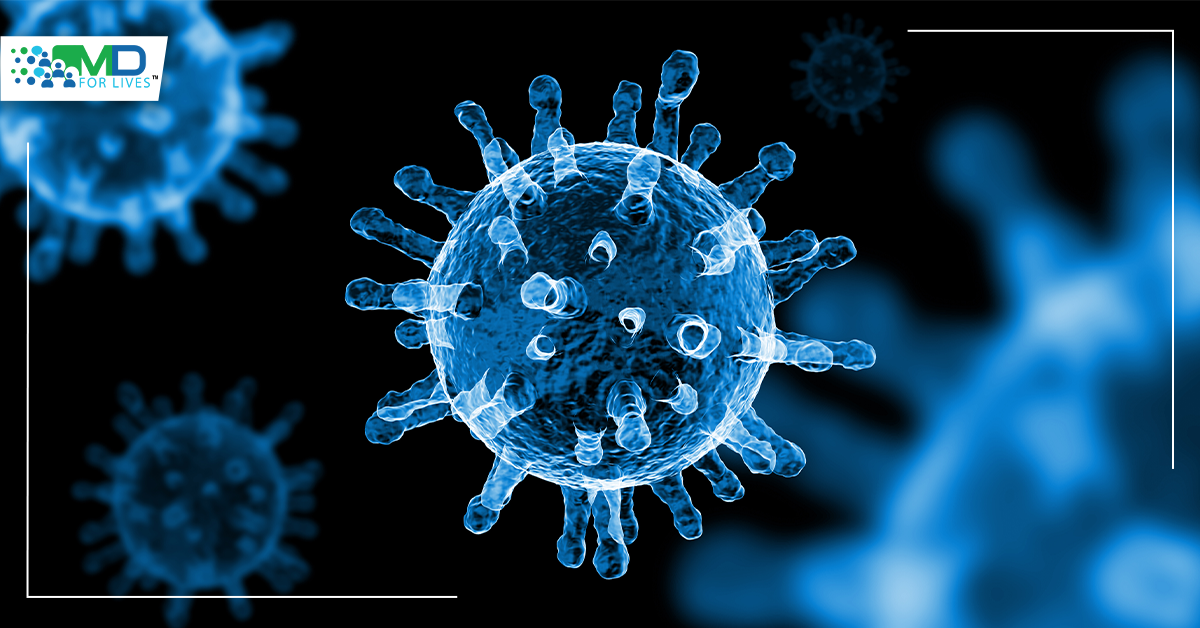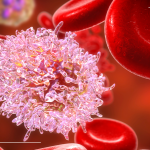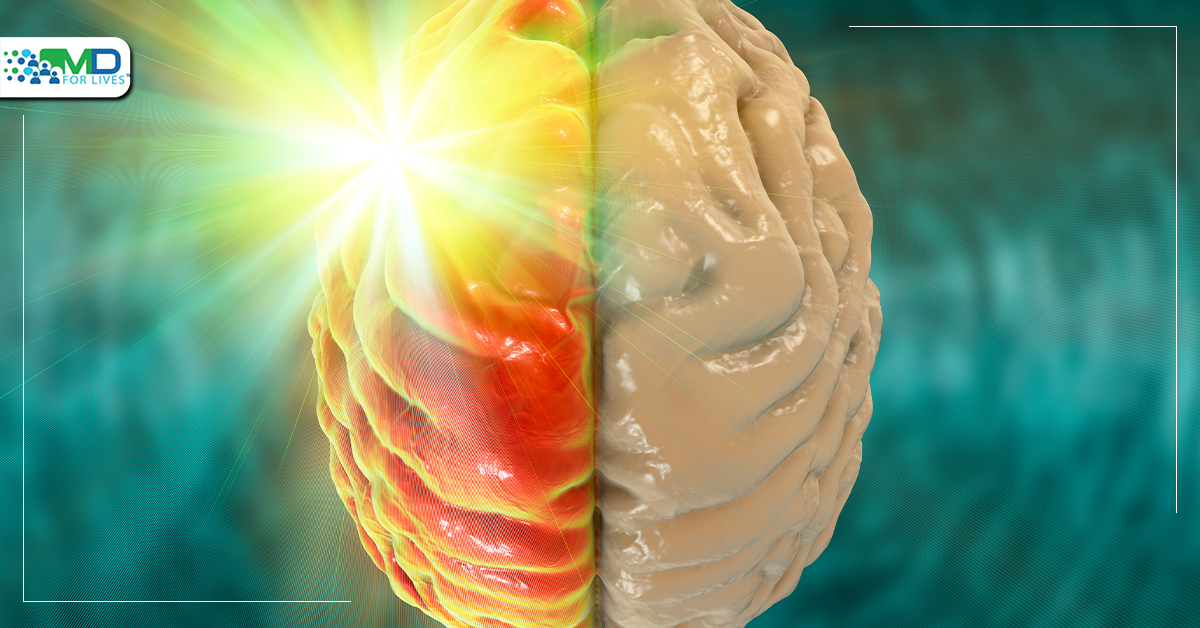COVID-19, a contagious disease, is caused by a new strain of coronavirus. The majority of patients infected with COVID-19 will have mild to moderate symptoms and will recover without any additional therapy; however, some require medical assistance and hospitalizations.

Research on COVID-19
Veklury, the antiviral standard of care
The US Food and Drug Administration (FDA) approved Veklury (remdesivir) to treat adults and adolescents who are non-hospitalized and at high risk of severe Covid-19 progression, including hospitalization or death, according to Gilead Sciences, Inc. Veklury, the antiviral standard of care for patients hospitalized with Covid-19, will now have a broader role with this approval.
Veklury can now be given in qualified outpatient settings that can administer daily intravenous (IV) infusions for three days. Veklury’s pediatric Emergency Use Authorization (EUA) has also been expanded by the FDA to encompass non-hospitalized pediatric patients under the age of 12 who are at high risk of illness progression.
The FDA’s steps came in the wake of an increase in Covid-19 cases and the Omicron variant’s lower susceptibility to numerous anti-SARS-CoV-2 monoclonal antibodies (mAbs). Veklury, on the other hand, targets the highly conserved viral RNA polymerase, keeping efficacy against known SARS-CoV-2 strains. Veklury preserves activity against the Omicron variant in vitro laboratory testing. To date, no significant genetic alterations in any of the recognized variations of concern have been discovered that would appreciably modify the viral RNA polymerase targeted by Veklury. Veklury is currently being used to treat more than half of Covid-19 patients in the United States. It can help slow illness development across the severity spectrum and allow hospitalized patients to recover more quickly, freeing up hospital resources and saving money for healthcare systems. Veklury is not recommended for people who are allergic to Veklury or any of its components.

Covid-19 vaccination does not impact conception
According to a research of more than 2,000 couples supported by the National Institutes of Health, the Covid-19 vaccine had no effect on the chances of having a child (NIH). In comparison to unvaccinated couples, researchers observed no differences in the probability of conception if either the male or female partner had been vaccinated. Couples who had been infected with SARS-CoV-2 within 60 days of a menstrual cycle had a slightly decreased risk of pregnancy, suggesting that Covid-19 could temporarily affect male fertility.
Fever, which is known to impair sperm count and motility, is prevalent during SARS-CoV-2 infection and could explain the transient decline in fertility found in couples where the male partner had a recent illness, according to the researchers. Inflammation in the testes and adjacent tissues, as well as erectile dysfunction, are all frequent following SARS-CoV-2 infection and could explain the drop in fertility among male partners who recently tested positive. Vaccination could potentially prevent this short-term reduction in male fertility, according to the researchers.
The findings imply that immunization against Covid-19 has no negative impact on reproduction, according to the researchers. Vaccination against Covid-19 may also assist to reduce the risks of SARS-CoV-2 infection to the mother and fetus.

Mix-and-match trial finds additional dose of Covid-19 vaccine safe, immunogenic
According to preliminary clinical trial results published in The New England Journal of Medicine, in adults who had previously received a full regimen of any of three Covid-19 vaccines granted Emergency Use Authorization (EUA) or approved by the US Food and Drug Administration, an additional booster dose of any of these vaccines was safe and elicited an immune response. No serious vaccine-related adverse events were reported in the trial.
Increased neutralizing antibody levels were observed in all combinations of primary and booster vaccines (ranging from 4.2- to 76-fold higher levels than those detected prior to boost). Similarly, all primary-boost combinations boosted binding antibody levels by 4.6 to 56 times. When compared to reactions to a homologous booster, heterologous boosts generated equivalent or higher antibody responses for each original EUA Covid-19 vaccine.
Although CD8+ T cells were higher at baseline in those who had received the Ad26.CoV2.S EUA vaccination, cellular responses (CD4 and CD8 T cells) increased in all but the homogeneous Ad26.CoV2.S-boosted group.
These findings strongly suggest that both homologous and heterologous booster vaccines will increase protective efficacy against symptomatic SARS-CoV-2 infection, according to the researchers.

Paxlovid is approved by the European Medicines Agency
Paxlovid, a Pfizer COVID-19 oral antiviral medication, has been approved for use by the European Medicines Agency.
When the Pfizer vaccine is approved for children aged 4 and younger, it would most likely require a three-dose series, according to White House advisor Anthony Fauci.
Paxlovid, a COVID-19 antiviral pill produced by Pfizer, has been conditionally licensed by the European Medicines Agency for persons who have the virus but do not require oxygen and are at risk of developing a severe form of the disease. Merck’s oral antiviral, molnupiravir, is scheduled to be approved early next month. The therapy was licensed for use in the United States in December.
When the Pfizer vaccine is approved for children aged 4 and below, it would most certainly require a three-shot series, according to Anthony Fauci, the United States’ top infectious disease expert. Coronavirus response coordinator Jeff Zients said during the White House press briefing that the supply of Pfizer’s antiviral COVID-19 pill will expand over the next few months and become more plentiful by June.
According to a study conducted at the University of Hong Kong, a second injection of the Pfizer-BioNTech vaccine Comirnaty can increase the risk of a cardiac inflammatory problem, albeit very marginally. In comparison, Sinovac’s vaccination had a case rate of .31 per 100,000, but the Pfizer shot had a case rate of .57 per 100,000.







